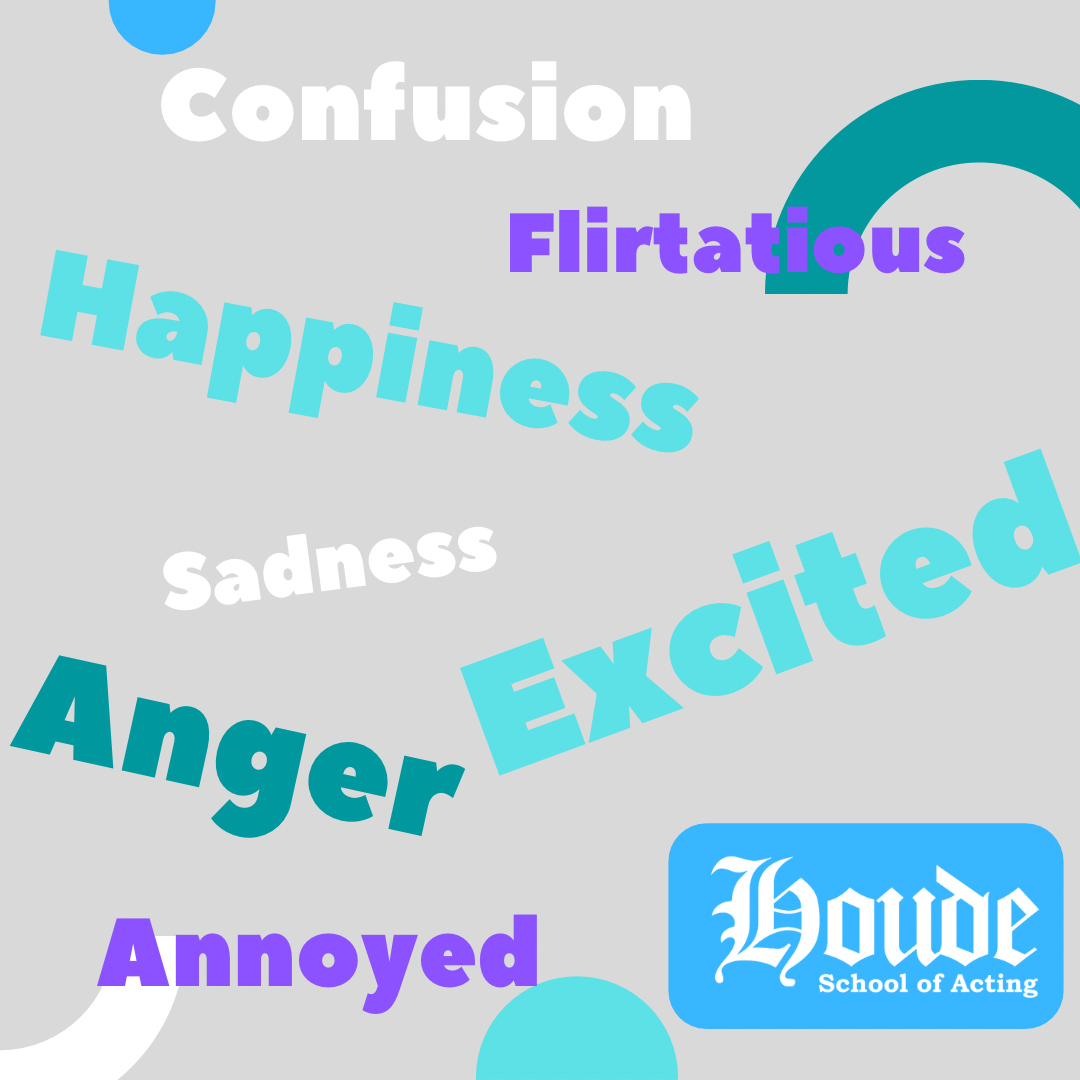2nd Stage Repetition- Developing A Point Of View
“The instinct changes the dialogue. Then it continues and you wait until the instinct changes again… There comes a point when one of you HAS to pick up what the repetition is doing to you, [how it affects you] … Your instincts pick up the changes in [their] behavior and the dialogue changes [because of it]. [Something] spontaneous will happen… Let your instinct dictate the changes, not just the repetition.” – Sandford Meisner, Sanford Meisner on Acting
One of the pinnacles of the Meisner technique is the ability to train our ability to respond instinctively and impulsively in our acting as we would in everyday life. Meisner has been quoted as to say, “It is my belief that talent comes from instinct”, and the repetition teaches us to respond and build on this ‘talent’.
After someone has completed the 1st Stage Repetition, they progress into the next stage of the technique known as 2nd Stage Repetition. It is at this point in the process that the repetition changes from something more mechanical [ “You have curly hair” “I have curly hair”] into something more similar to common speech.
Through 2nd Stage Repetition we are developing having a specific “point of view" about each moment as they happen in the present moment. Because no two moments are ever exactly the same, the repetition must change along with it.
We start the repetition for 2nd Stage, the same way we do for the 1st Day-- we acknowledge something physical on the other person and state it out loud for them to hear. Let’s say for example that Actor A sees that Actor B has a striped shirt, the first moment of the repetition is for Actor A to say “You have a striped shirt.” It is at this point that it is no longer about whatever was first said and is only about the two people being present with one another.
It is also at this point in the exercise where we go further than the 1st Stage repetition and progress into 2nd Stage. From here on out, it is about each actor pinpointing and naming what feeling they see happening in the other person while also recognizing how the other actor is affecting them. This is what we are referencing when we say “having a point of view”.
So, to continue our example, let’s say that Actor B bursts into a large smile and giggles warmly as they say, “I have a striped shirt.” Because Actor A recognizes that Actor B has a strong point of view about their shirt, Actor A quickly and instinctively reacts with what they see: “You’re flattered.” However, Actor A says this in a rather annoyed fashion, almost as if off-putt from Actor B’s reaction. Actor B is now clearly hurt from this exchange. Wanting further clarification, Actor B repeats with, “You’re upset by that?” From here it becomes it becomes a ping-pong game of emotions form one moment to the next. Here is an example of how this exchange could have continued below:
Actor A: “I’m upset by that?!”
Actor B: “You’re shocked?”
Actor A: “I’m shocked!”
Actor B: “You’re offended by that.”
Actor A: “I’m offended by that.”
Actor B: “I’m confused.”
Actor A: “This is frustrating.”
Actor B: “You’re overreacting
Actor A: “YOU’RE overreacting.”
Actor B: “You’re confused.”
Actor A: “You’re attacking me!”
Actor B: “I feel guilty.”
Actor A: “You’re guilty?”
Actor B: “I feel bad.”
Actor A: “I appreciate that.”
This is only an example of how this exchange could have continued, but from the above repetition we can see that although we may think we know how an encounter is going to unfold, we cannot predict how someone will respond until it is happening.
This is something we must keep in mind for the characters we portray in any given scene-- although we as actors may know how the end of a play will unfold, our characters do not.
Our characters are experiencing the scene for the first time, they are responding instinctually to their present moment. It is this level of spontaneity that we are trying to capture in our work. This is why we must strive to be constantly affected by what is going on around us and have an opinion about it—and the 2nd Stage Repetition trains us to engage in this manner.
We must remain open and willing to listen with our whole beings in order to respond effectively and honestly under the imaginary circumstances. Training our ability to develop a point of view is an essential key to making that happen.
By Diana Frankhauser
For further reading about the 1st Stage Repetition, check out the link below:
https://www.facebook.com/groups/843656639050766/permalink/3858666677549732
Do you want to start pinpointing how your partner feels in each moment and training your impulses? Come check out our Virtual Meisner classes at the link below. Most of our classes for May are completely sold out, so please do not hesitate to secure your spot in class!
https://www.houdeschoolofacting.com/online-registration

